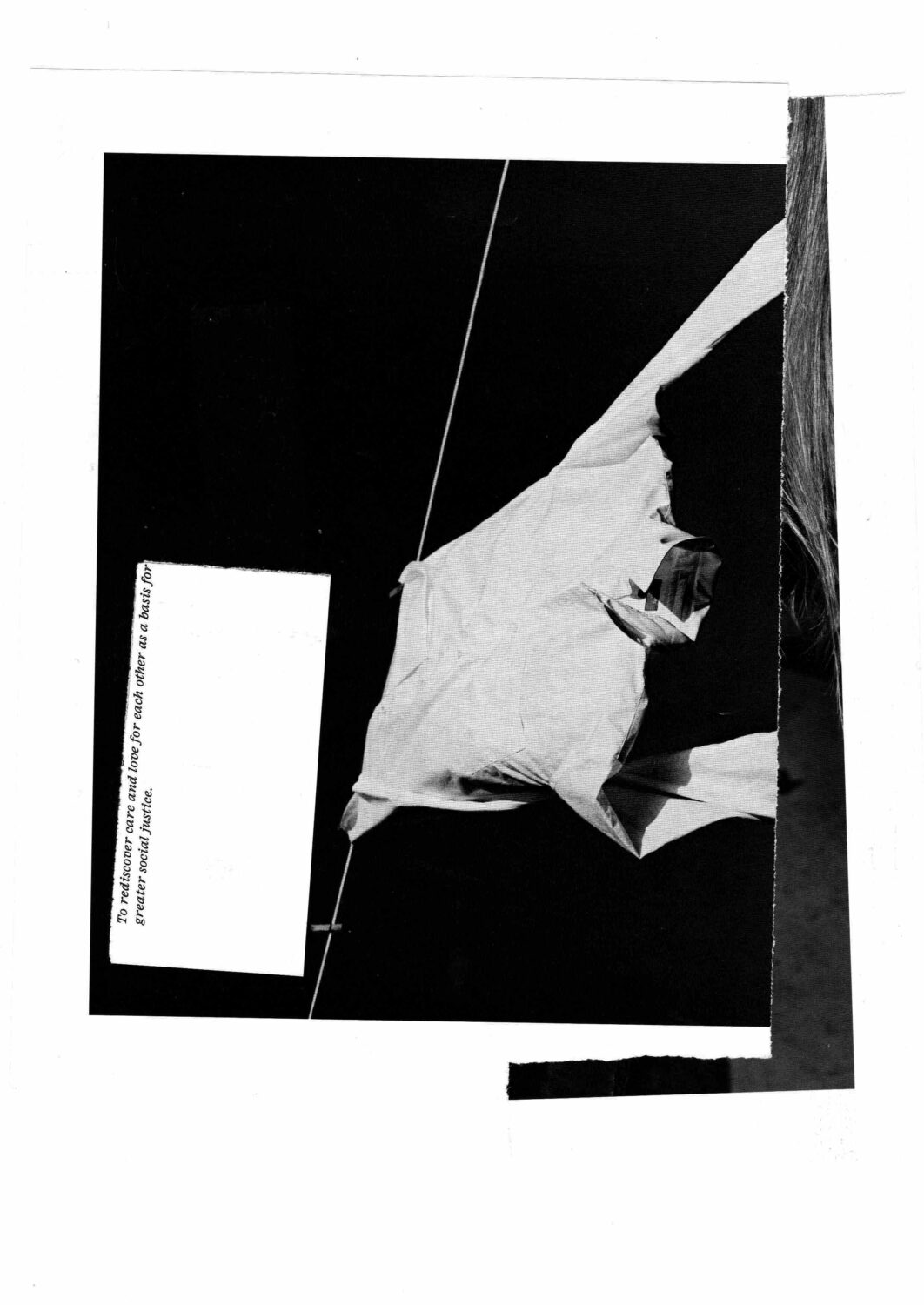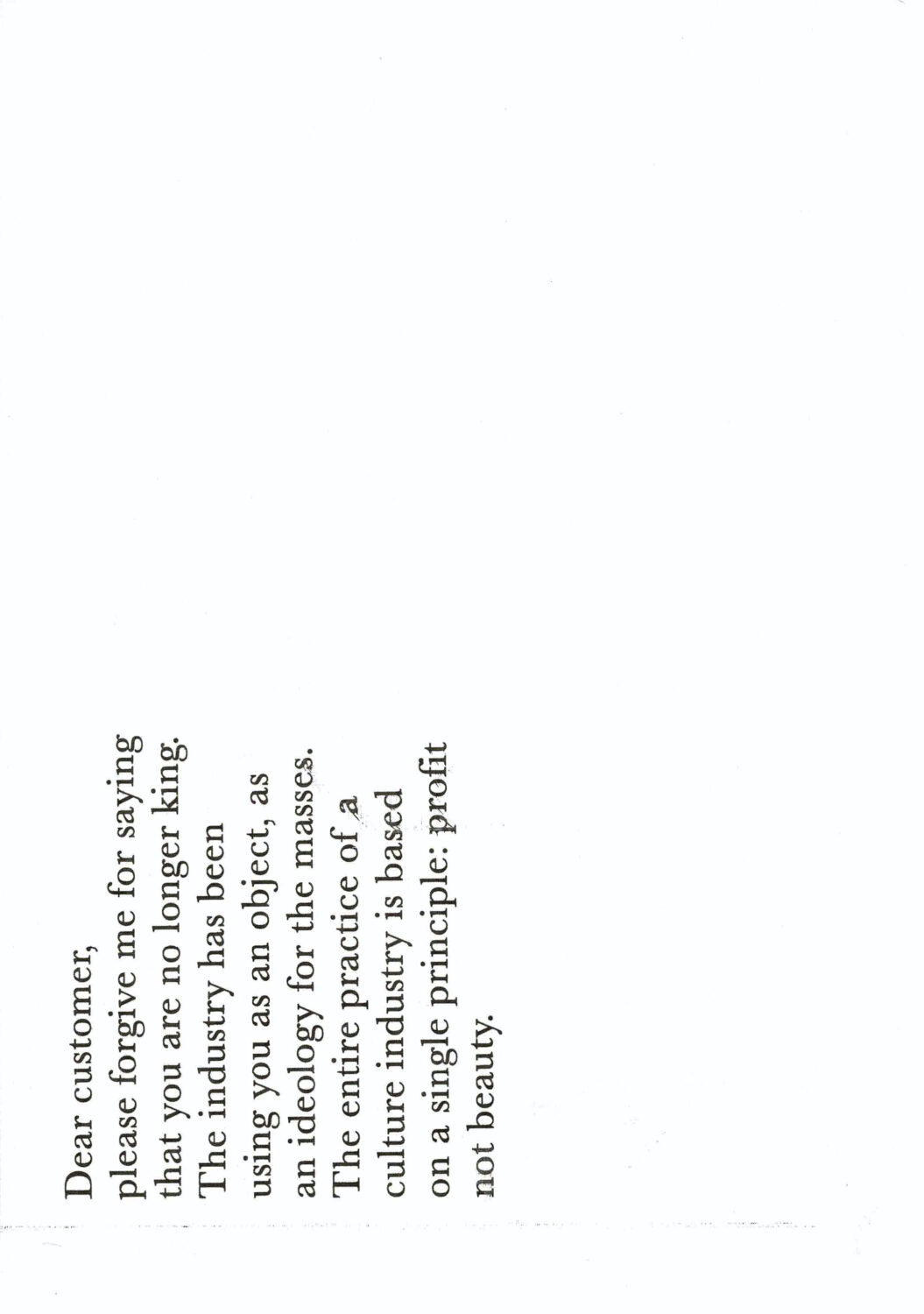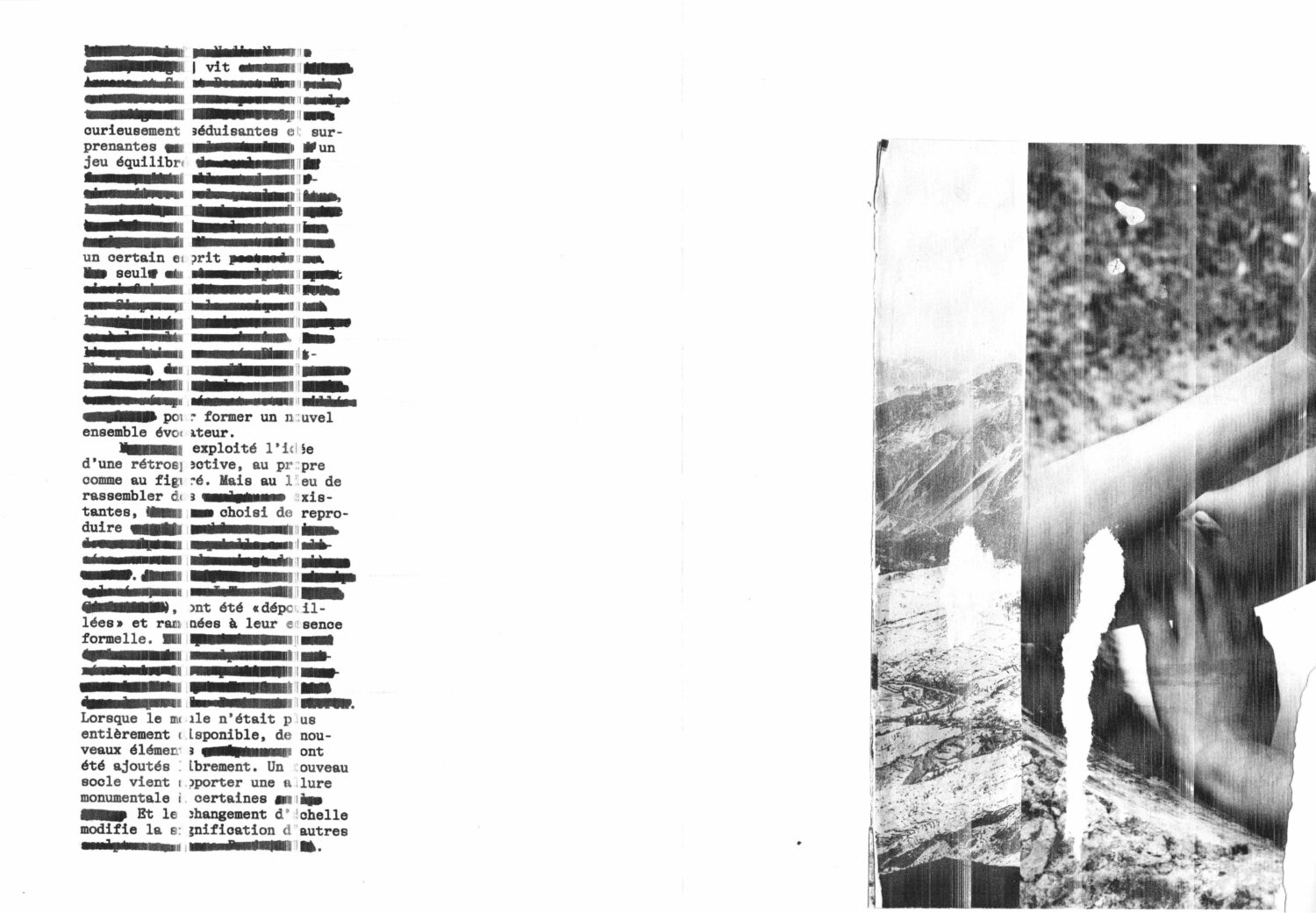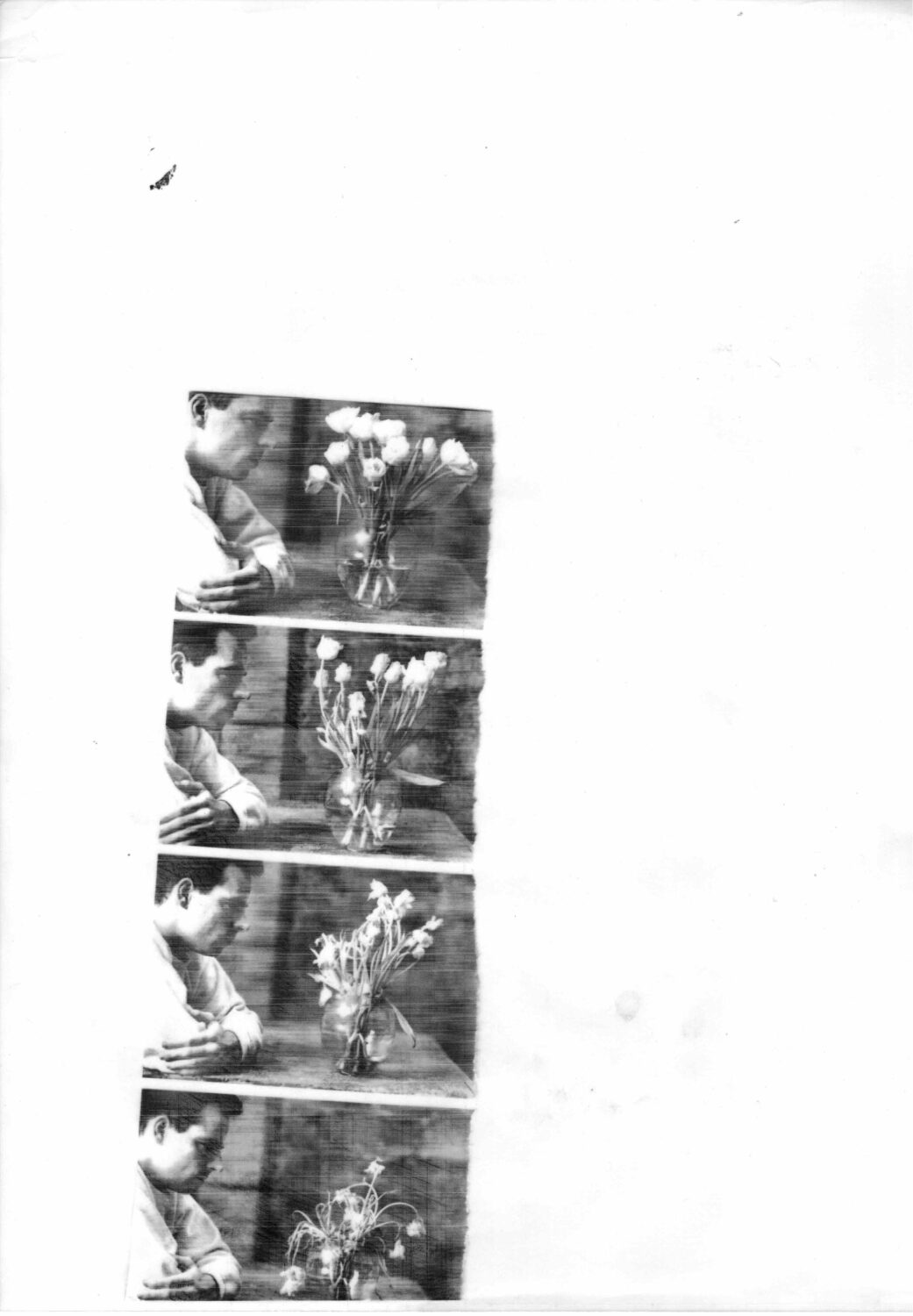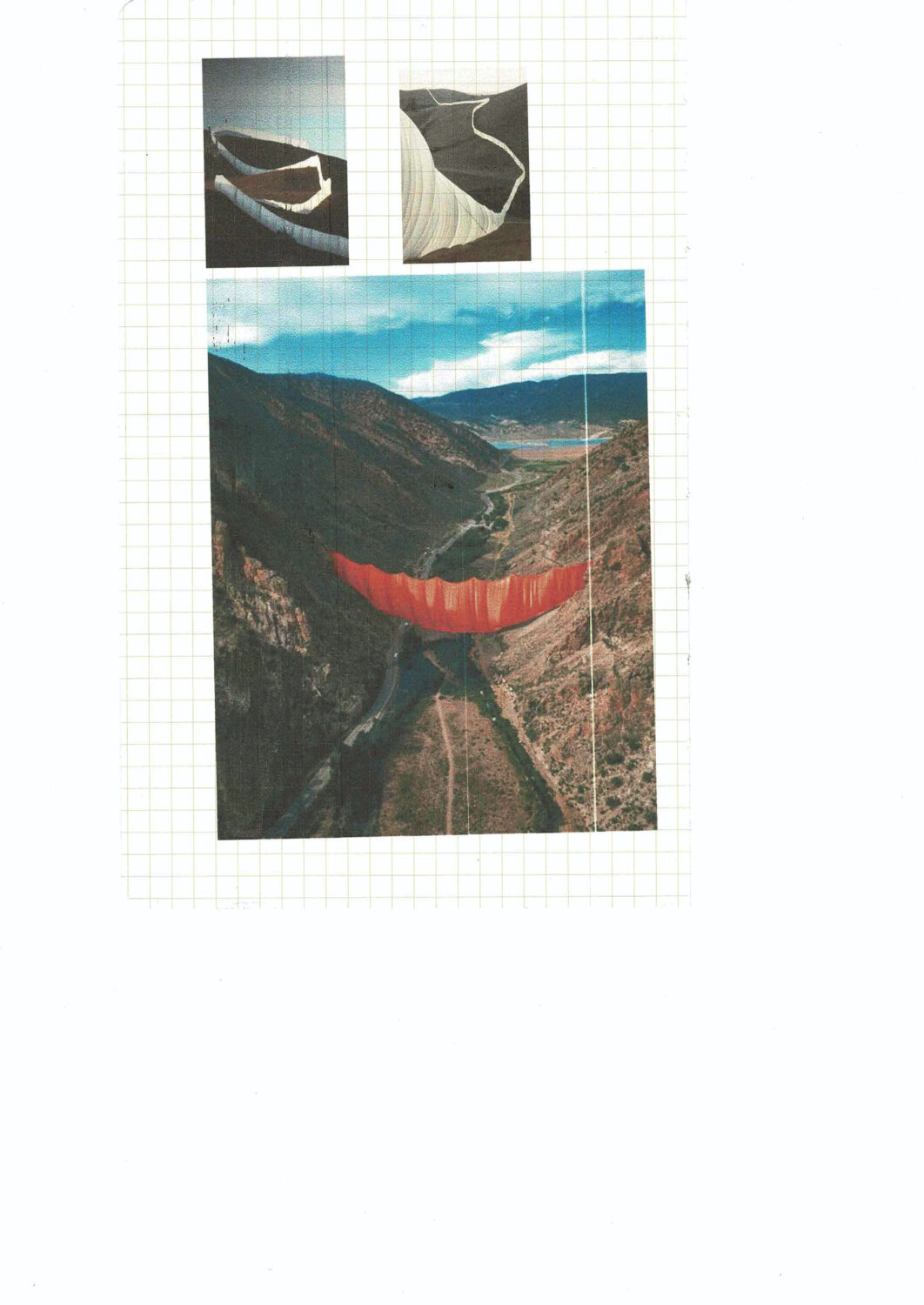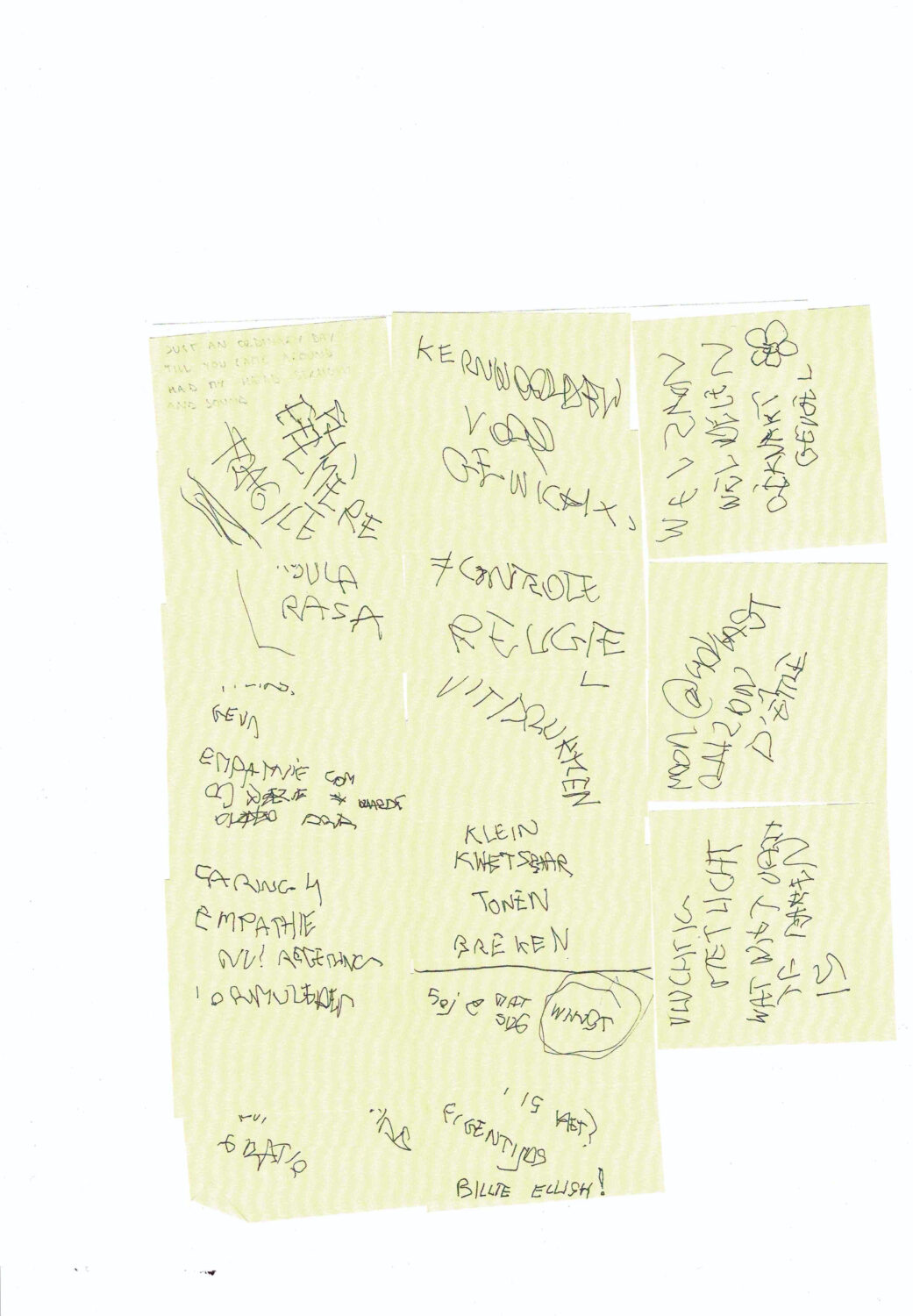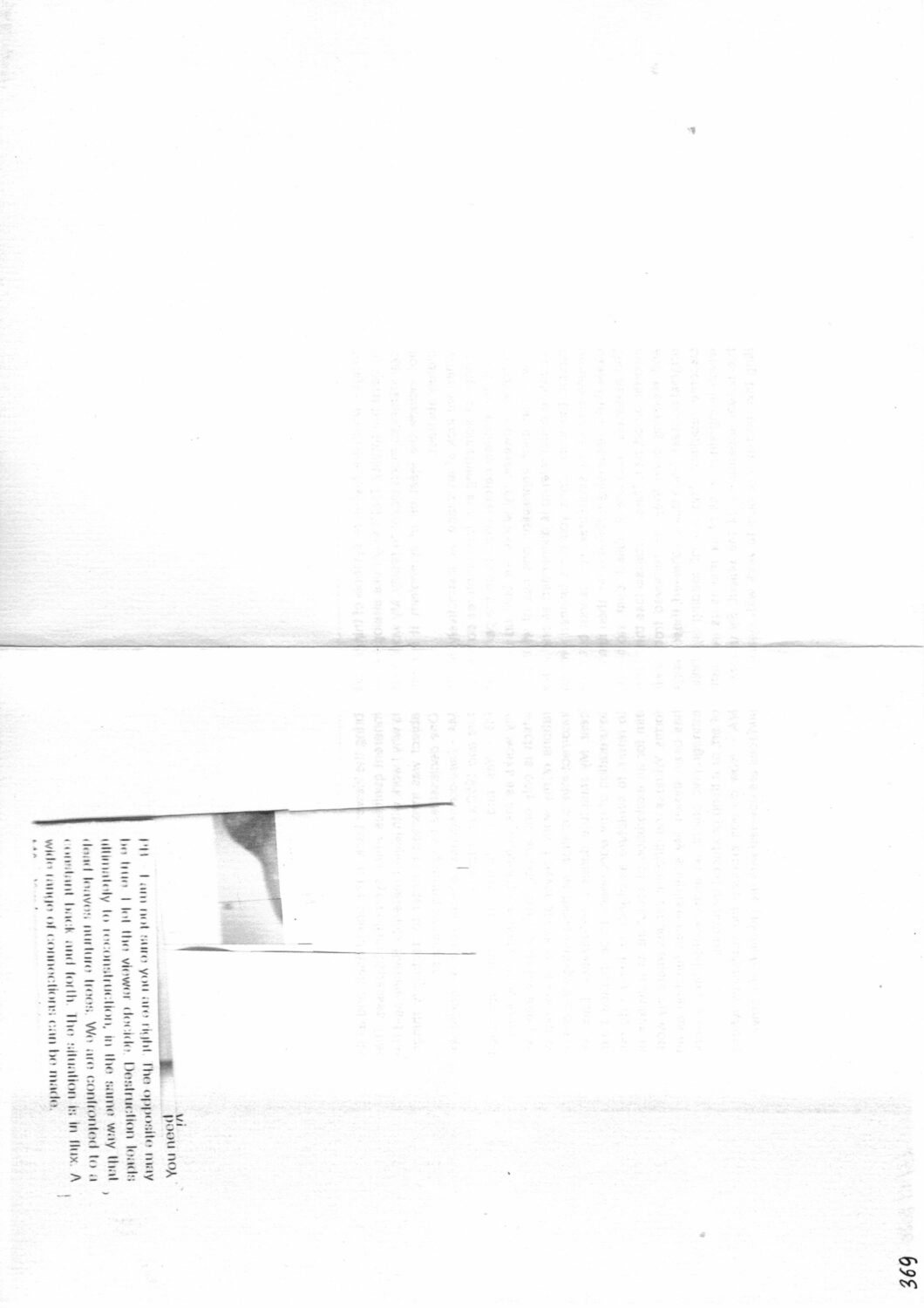Linde Vandecruys, -isme
mode
Marina Yee
Anna Luyten
-isme ; Een achtervoegsel zonder voorvoegsel, dat de indruk wekt van een ideologie zonder ideeën. Een naam die alles in de armen sluit wat al is, is-me, en daarbij de ruimte geeft om alles wat ‘is’ zichzelf te laten zijn. De ontmaskering van het ‘zelf’, de identiteitscrisis verplaatsen van chaos naar begrip. Chaos als koesteren, als liefde, chaos om te eren. We geven het object, los van zijn symbool, de mogelijkheid om meerdere betekenissen op te nemen. In dit rijk van ‘-isme’ is de verzamelaar koning in zijn zoektocht voor Verdrietbrengende dingen. Hij wordt zowel leenheer als leenknecht, hij confronteert de objecten met elkaar en met de ander, hij laat ze opzoek gaan naar hun eigen bestaansredenen door ze te confronteren met hun ‘zelf’. De verzamelaar voert een protest, tegen het classificieerbare, tegen het typische en gebruikt hierbij zijn objecten als uitvoerend leger. ‘Hij scheurt deze fragmenten uit hun context en probeert ze zo opnieuw te rangschikken zodat ze elkaar illustreren en hun bestaansreden bewijzen in een vrij zwevende toestand: zoals ze zijn. De zoektocht naar hun Raison d’être. (Mekhitar Garabedian).’
-isme ; A suffix without a prefix, which gives the impression of an ideology without ideas. A name that embraces everything that already is, is-me, and thereby gives the space to let everything that “is” be itself. Exposing the “self”, moving the crisis of identity from chaos to understanding. Chaos as cherishing, as love, chaos to honor. We give the object, regardless of its symbol, the possibility to incorporate multiple meanings. In this realm of “-ism” the collector is king in his quest for Saddening things. He confronts his finds with each other and with ‘the other’, he lets them search for their own reasons for existence by confronting them with their ‘self’. The collector protests against the classifiable, against the typical and uses his objects as an executive army. ‘He tears these fragments out of context and tries to rearrange them so that they illustrate each other and prove their reasons for existence in a free-floating state: as they are. The search for their Raison d’être (Mekhitar Garabedian).’
